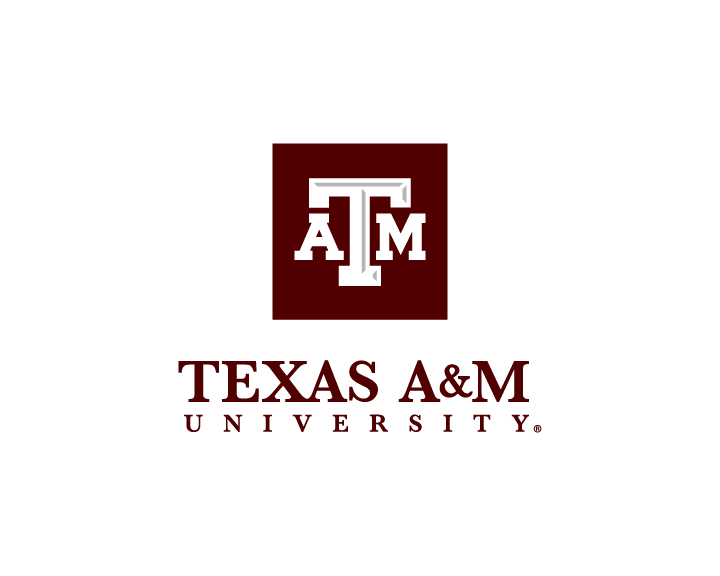Texas A&M: Suicide Awareness And Prevention Month Offers Support
Texas A&M University’s Suicide Awareness Month will feature a blend of virtual and in-person events, including a four-week Walk Challenge and a Candlelight Vigil. The fifth annual campaign supports suicide loss survivors and individuals struggling with suicidal thoughts or depression.
Suicide was the 10th leading cause of death in the United States in 2019, according to a Centers for Disease Control and Prevention fact sheet. In 2019, an American died by suicide at a rate of one every 11 minutes, and the number of American adults who seriously contemplated suicide reached about 12 million. Suicide is the second leading cause of death for ages 10-34, making it a top concern for Texas A&M’s student population.
“We always believe that suicide prevention is everyone’s business, and we just want to provide an opportunity for everyone to learn how to intervene, offer support and have these life-saving conversations,” said Santana Simple, assistant director at Texas A&M University’s Counseling & Psychological Services and a licensed professional counselor. “That is the goal of this month: to empower everyone to learn how they can help prevent suicide.”
Highlights this year will include campus and community resource tables, guest speakers and musical entertainment. Evening activities will launch the campaign’s key event — the Suicide Awareness Walk Challenge, which returns in collaboration with Texas A&M AgriLife Extension’s Walk Through Texas History program and features a virtual route, highlighting all Texas A&M System schools and their counseling centers.
Participants may register teams of up to eight members at howdyhealth.org, and begin logging steps as soon as Sept. 7 in support of those currently struggling with thoughts of suicide in addition to attempt and loss survivors. Efforts also honor those lost to suicide.
Texas A&M’s Suicide Awareness & Prevention Office (SAPO) will supply teams with weekly newsletters containing updates, resources and motivational tips to keep walking. Participants may use #MoreThanJustAWalk and #NotAnotherAggie to share photos and encouragement, concluding their virtual journey on Oct. 4.
Coffee with a Counselor — a new program this year — will encourage students to seek help by providing a direct avenue between students and counselors, a valuable opportunity for those who might feel intimidated by the typical intake process required in a regular appointment. Students participating in Coffee with a Counselor will be able to have more informal conversations with counseling staff.
“All of these events this year show how invested students are in helping other, how invested they are in making sure those individuals who may be struggling or hurting know there’s support out there,” Simple said. “I think it’s also just a visual symbol of how much students care about each other.”

